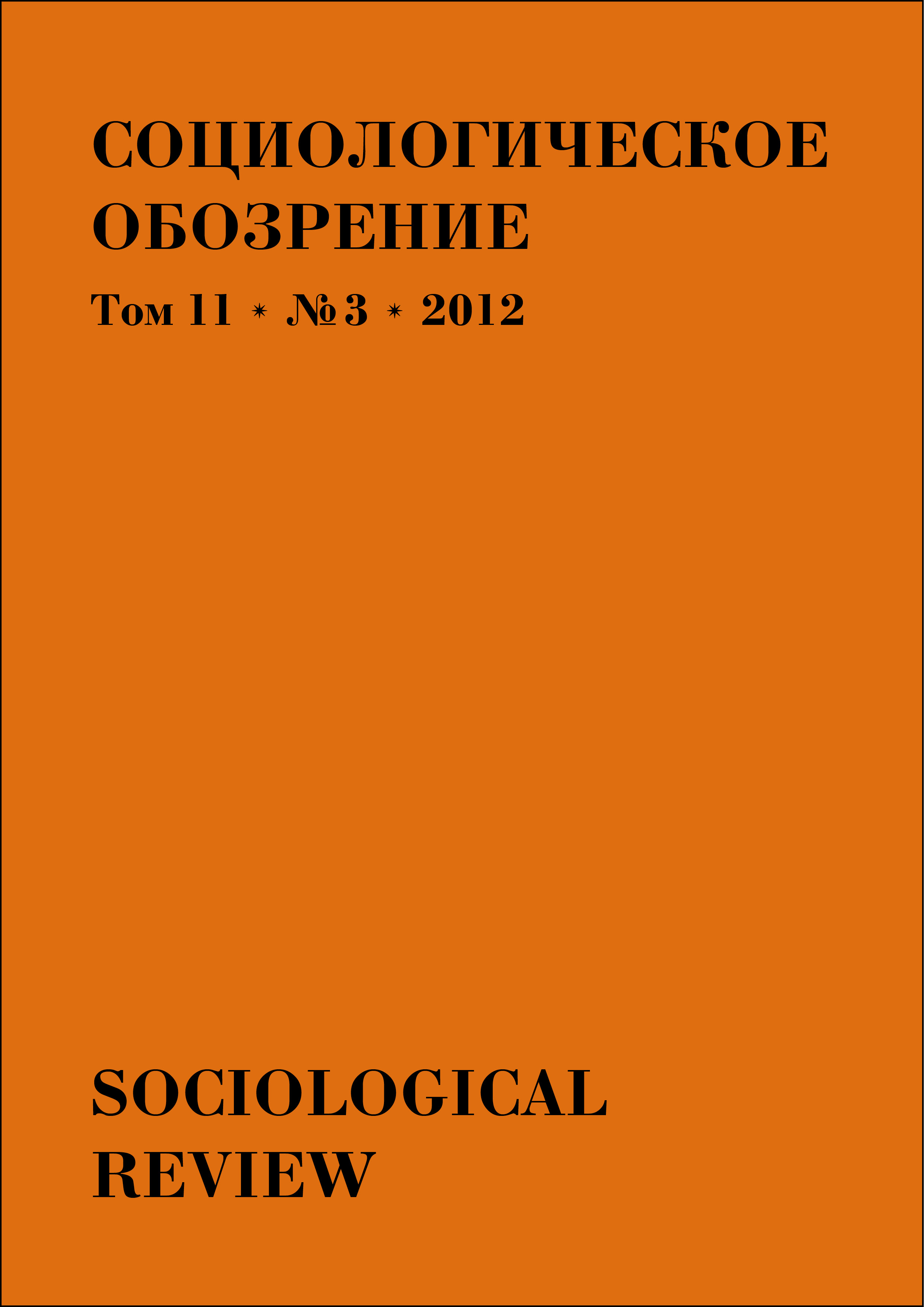Leo Strauss: the art of writing and the art of reading
Abstract
The paper is a foreword for Russian edition of one of the most important political and philosophical texts by political philosopher Leo Strauss, “Persecution and the art of writing”. The author explains the meaning of the text and describes Strauss’ hermeneutics and rules of interpretation. We introduce Slavoj Zizek’s original position on Strauss’ view of exoterism and esoterism. Zizek writes in detail about Strauss’ views in the appendix of his book Iraq: The Borrowed Kettle. Author tries to answer the question whether Leo Strauss himself could write “between the lines” and whether he had reasons for it. He makes the conclusion that Leo Strauss not only could but did write esoterically. Author tries to fundamentally substantiate what Leo Strauss’ reasons were and explains why exactly he could write esoterical language. Author believes that Strauss used this method already in earliest English-language book On Tyranny. In addition authos states that “esoteric” Strauss was mentioned in the early career of the German-American immigrant philosopher Eric Voegelin, who understood the methodology of writing “between the lines” better than others. But what was written by Strauss “between the lines” will be a subject of another investigation.




